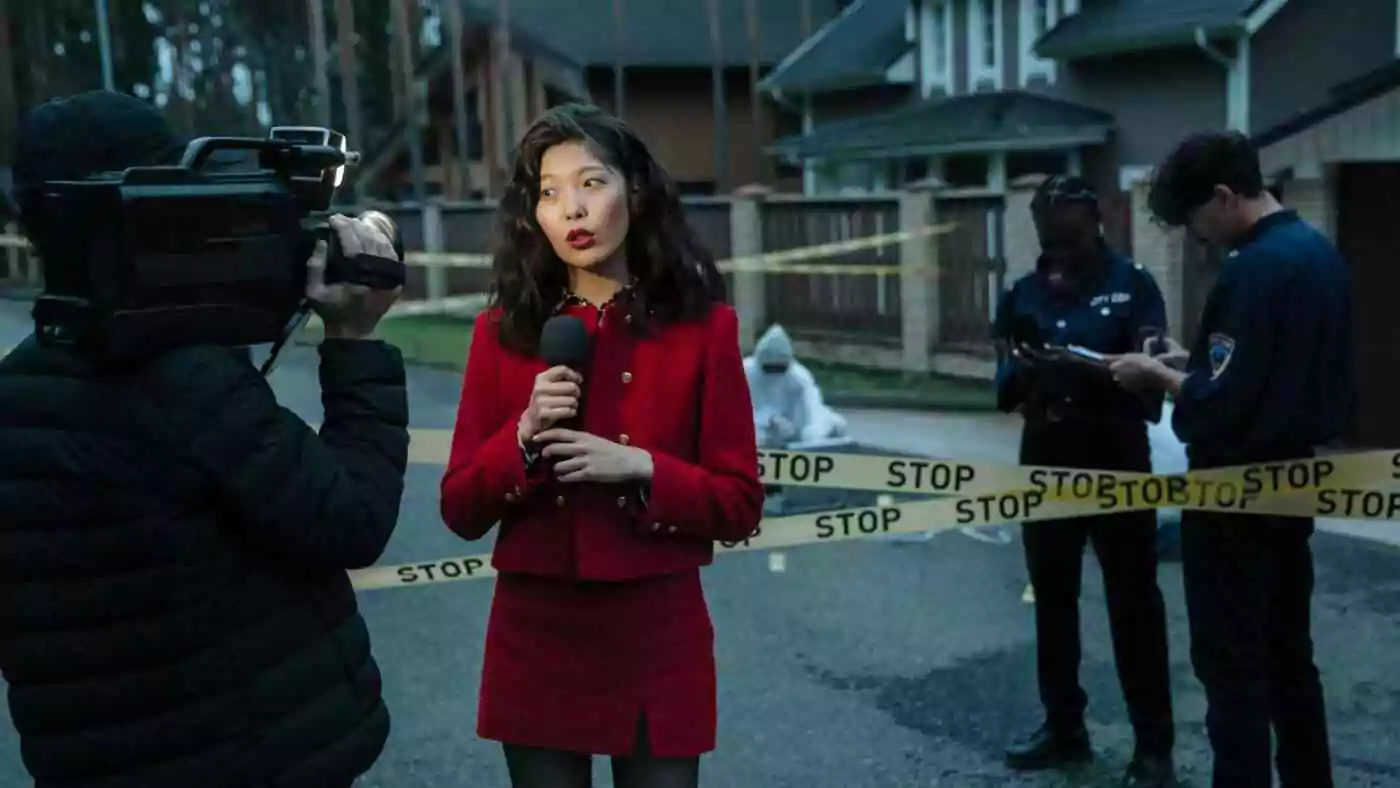Truth & Goodness
Poison on a Plate: What Drives Us to Eat Dangerously?
01 March 2026

Two decades ago, the world was swept by a wave of fascination with Scandinavian crime novels and series. Today, true crime stories, which recount real-life crimes, are breaking records. What drives our fascination with true crime narratives, and why do they attract a predominantly female audience?
Published in 1966, Truman Capote’s In Cold Blood is considered the first true crime novel. At the time, it sparked controversy – its accuracy was questioned, and Capote was accused of sympathizing with one of the murderers. The book shocked readers with its detailed descriptions of gruesome crimes. Stories about true crimes were being written in Britain and China as early as the 16th century, focusing on facts and information dissemination. It was Capote who gave true crime a narrative flair akin to the best novels, turning murderers into literary characters.
Currently, true crime is experiencing an unprecedented renaissance thanks to films, television productions, and podcasts. The 2015 documentary series “Making a Murderer,” which tells the story of Steven Avery – who proved his innocence after two decades in prison only to be arrested again for murder – gained immense popularity. Similarly, the 2022 series “Dahmer,” which chronicles the life of the titular serial killer and cannibal Jeffrey Dahmer, was a hit- that same year, “The Tinder Swindler,” featuring Simon Leviev, a notorious romantic scammer, also captivated audiences.
At first glance, these three men’s stories seem to have little in common: one was wronged by the justice system only to fall into its clutches again upon release; another murdered and dismembered 17 gay men over several years; the third deceived dozens of women to spend their money in casinos and upscale restaurants. These stories demonstrate that truth is often more fascinating than fiction, and certainly more bizarre and absurd. A fiction writer would struggle to realistically portray a murderer who, for years, saw his victims into pieces under the noses of his neighbors. Fiction must make sense; truth – not necessarily.
We recommend: Brain After Death. What Happens to Us During Dying
Every crime story is a puzzle, but true crime stories offer additional insight into the psychology of criminal behavior. This explains why this genre is particularly popular among women, who generally have a greater fear of violence than men. True crime can teach us how to avoid becoming victims. It is a source of knowledge about manipulation tactics, helping us recognize and resist suspicious behaviors. It provides ready-made scenarios of actions and their consequences, while also educating us about law enforcement and judicial processes.
Gossip serves a similar function. Although often viewed negatively, gossiping is a source of information about our environment. It helps us understand cultural codes, what is acceptable, and what is not. By discussing others’ behaviors, we learn whom to emulate and whose actions are disapproved of. Gossip not only warns us against breaking social norms but also helps maintain safety. If someone in the neighborhood raises suspicion, we too should remain cautious.
It is no coincidence that podcasts and series about serial killers, kidnappers, or rapists are so popular. Stories of real-life crimes become particularly intriguing when they involve male-female relationships. Girls are constantly warned from a young age to avoid strange men. Dating, entering and exiting relationships – these are statistically dangerous situations for women. Staying vigilant and responding to every suspicious signal is crucial. By exploring these narratives, we learn to recognize these signals.

When a case is solved and the perpetrator is convicted, we experience catharsis and satisfaction. Before the happy ending, though, we are in for an emotional rollercoaster. Humans have evolved to respond intensely to stress and threats. When we sense danger, our bodies release adrenaline, increasing heart rate and lung capacity. This heightened alertness can be mistaken for excitement (which is why it is easy to form close bonds or even fall in love with someone we have shared a stressful situation with).
The more empathetic we are, the stronger we react to stories of people in danger. Women are naturally more inclined towards empathy. Fortunately, today we listen to crime stories while cleaning or at the gym, creating a certain distance between us and the narrative. We create safe conditions where we can experience the pleasant excitement of an adrenaline rush while maintaining full control over the situation – we can always turn off the series, remove our headphones, or close our eyes.
Horror and paranormal stories leave us with lingering fears, whereas true crime allows us to completely exit its world once the tale ends. We do not have to fear what lurks in the dark, ghosts, monsters, or demons. In the comfort of our homes, we feel safe because everything is familiar. As a side note, this partly explains the popularity of horror author Stephen King – who blurred the line between the everyday and the paranormal, imbuing even the most trivial objects with a sinister nature. King strikes precisely the chord that true crime avoids.
We recommend: The Eternal Adversaries. Is This Conflict Unsolvable?
True crime, like everything in life, is not an entirely positive phenomenon. Many associate it with the romanticization of evil and the fetishization of serial killers. Ted Bundy is the quintessential example. Many convicts, even those who have murdered and raped women, receive fan mail from behind bars. Some people listen to true crime podcasts simply because they revel in the macabre. Consequently, most creators try to avoid shocking details and excessive naturalism. Overindulgence in true crime can also lead to paranoia and social isolation. That is why it is crucial to “cleanse the mind” between episodes – take a walk, watch cat videos, meet people, and remember that the world is not entirely evil.
Criminal cases can also be a force for positive change. The Paradise Lost film trilogy tells the story of three teenagers known as the West Memphis Three. In 1993, they were sentenced to life imprisonment for murdering three children in a circumstantial case where evidence included borrowing a book on Satanism from the library, wearing black clothes, and listening to metal music. The filmmakers conducted extensive investigative work, hundreds of interviews, and sifted through tons of court materials. In the process, they also found a man who confessed to the crime.
The first film in 1996 sparked outrage and a wave of activism. Media and lawyers willing to work pro bono became interested in the case. Eventually, thanks to the filmmakers’ commitment and outraged fans, the boys were released from prison after years of incarceration. True crime fans proved to be a powerful force in rectifying errors in the justice system.
Translation: Klaudia Tarasiewicz
Read the text in Polish: Krew, flaki, wypieki na twarzy – czym uwodzą nas seriale i podcasty true crime?

Truth & Goodness
01 March 2026


Zmień tryb na ciemny